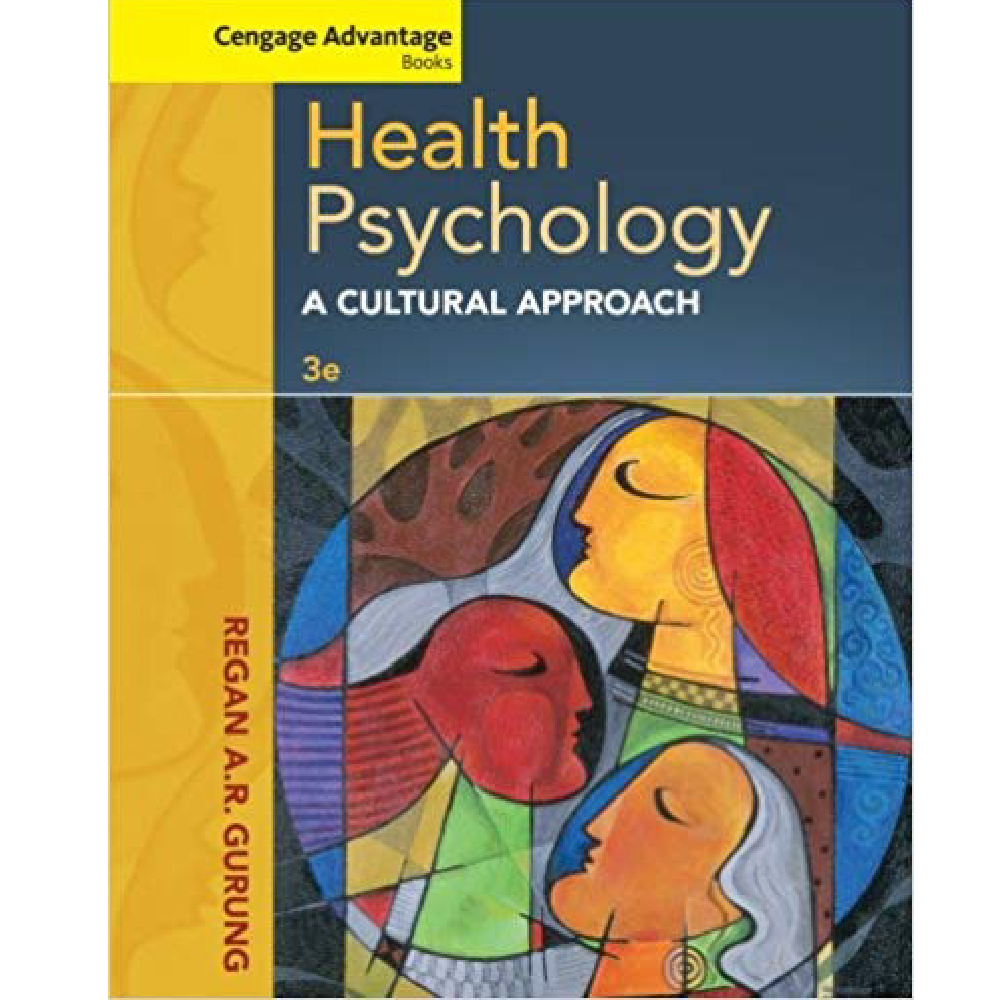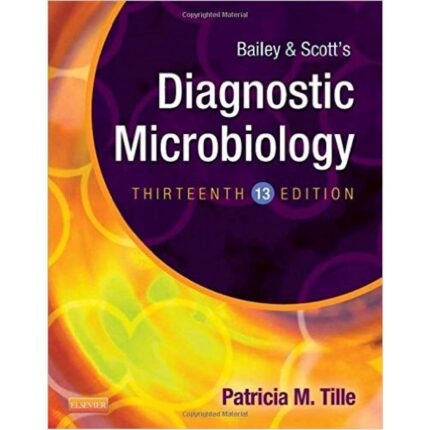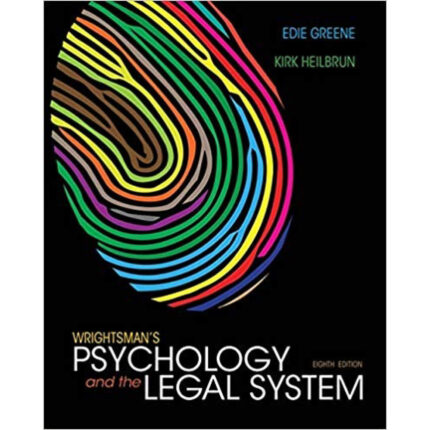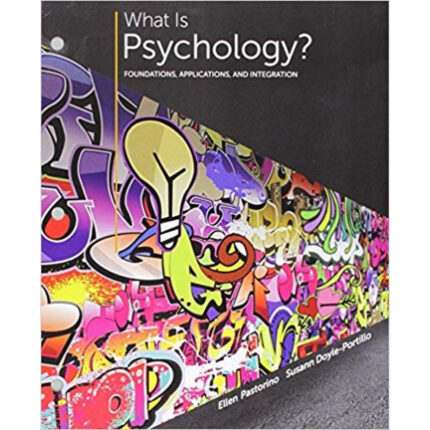Chapter Eleven—Psychoneuroimmunology and HIV
MULTIPLE CHOICE
1. PNI researchers study interactions among:
a. the nervous system, the endocrine system, and the digestive system..
b. the nervous system, the endocrine system, and the immune system.
c. the nervous system, the reproductive system, and the immune system.
d. the reticular activating system and the endocrine system.
ANS: B REF: PSYCHONEUROIMMUNOLOGY
2. A clear example of the connection between the mind and body, especially between psychology and immune functioning, is that:
a. only real emotional experiences lead to immune changes
b. any emotional experience, even faked, leads to immune changes
c. only faked emotional experiences lead to immune changes
d. an individual with a stressed immune system can not change their immunity
ANS: B REF: PSYCHONEUROIMMUNOLOGY
3. A woman with lupus was given a shot of a strong drug. At the same time, she was exposed to the scent of rose perfume and the taste of cod liver oil. After a few pairings of these three (drug, oil, scent) her body had a physiological response to the rose scent even without the full dose of the strong drug. This is an example of:
a. conditioned immunity. c. psychoneuroimmunological reactivity.
b. positive reinforcement. d. compensatory responding.
ANS: A REF: PSYCHONEUROIMMUNOLOGY
4. One of the most influential psychosocial influences on the immune system is:
a. culture c. genetics
b. temperament d. stress
ANS: D REF: PSYCHONEUROIMMUNOLOGY
5. The work of Sheldon Cohen and colleagues has provided strong evidence for the link between psychology and physiology. The key finding in his studies is that the volunteers injected with a cold virus:
a. are more likely to get sick if they are stressed.
b. are less likely to get sick if they are stressed.
c. are more likely to get sick only if they have a history of hypochondriasis.
d. are less likely to get stressed.
ANS: A REF: PSYCHNEUROIMMUNOLOGY
6. Stress is accompanied by all of the following EXCEPT:
a. T cell suicide killing c. redistribution of lymphocytes
b. suppressed immunity d. increases in circulating lymphocytes
ANS: D REF: PSYCHONEUROIMMUNOLOGY
7. Which of the following is most likely to be the topic of study of a researcher in the area of PNI?
a. How income influences happiness.
b. Whether the length of time it takes for wounds to heal is correlated with the level of stress the person experiencs.
c. Whether cognitive functioning and health are correlated.
d. Whether physical fatigue affects adherence.
ANS: B REF: PYCHONEUROIMMUNOLOGY
8. Which of the following is NOT an autoimmune disorder?
a. Graves’ disease c. lupus
b. MS d. Huntington’s Disease
ANS: D REF: PSYCHONEUROIMMUNOLOGY
9. What does the acronym AIDS stand for?
a. Active Immunity Defense Syndrome c. Autonomic Immune Defense System
b. Acquired Immunity Defense Syndrome d. Acquired Immune Deficiency Syndrome
ANS: D REF: HIV AND AIDS
10. Which of the following statements is TRUE?
a. HIV and AIDS refer to the same phenomenon.
b. A person can have AIDS without being HIV positive
c. A person who is HIV negative has developed AIDS
d. A person can be HIV positive without having AIDS
ANS: D REF: HIV AND AIDS













Reviews
There are no reviews yet.